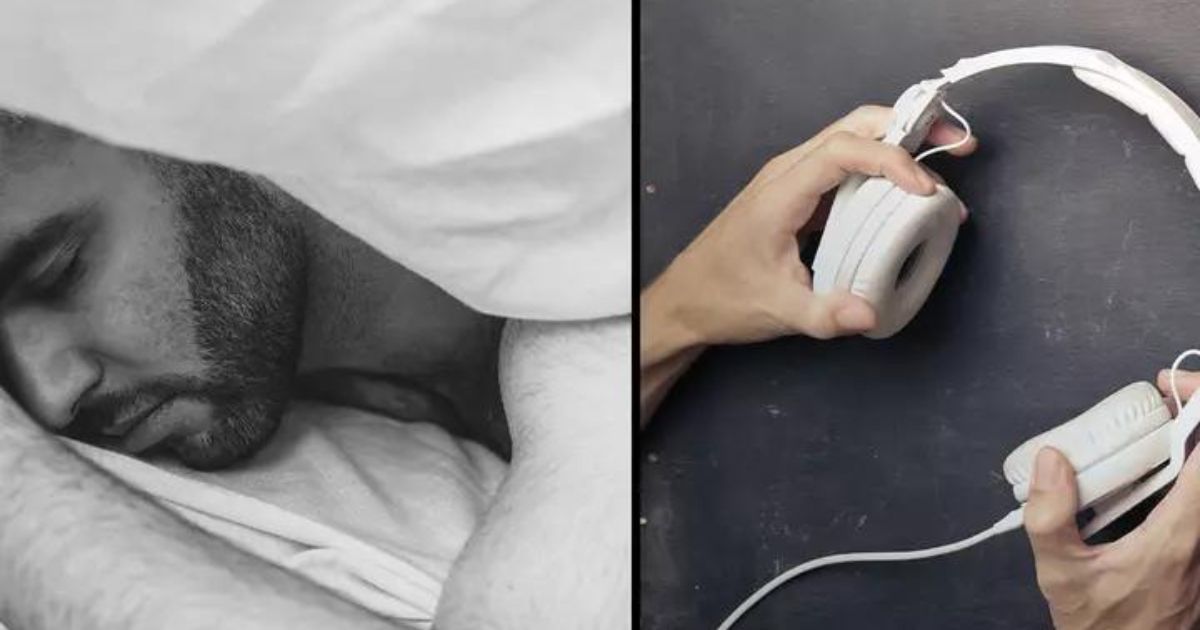In a fascinating study conducted by researchers at the University of Pennsylvania, a certain song has been identified as the most relaxing song that can be used as a potent tool for reducing anxiety, potentially rivaling pharmaceuticals in calming pre-operative jitters.
Pre-operative anxiety is a common occurrence and can significantly elevate stress levels in patients about to undergo surgery. While sedatives are typically used to address anxiety, they often come with side-effects that can impact breathing and blood flow, necessitating continuous monitoring.
Research To Understand How The Most Relaxing Song Is Helpful In Reducing Anxiety
To explore an alternative approach, the researchers split 157 adult participants into two groups. The first group received 1mg to 2mg of midazolam, a sedative commonly prescribed to NHS patients undergoing various medical procedures.
The second group, however, experienced a unique intervention: they were exposed to a particular song. The study aimed to assess whether this musical intervention could effectively reduce pre-operative anxiety without the potential side-effects associated with pharmaceuticals.
The researchers’ findings, published in the journal “Regional Anesthesia and Pain Medicine” in 2019, unveiled the surprising efficacy of the chosen song in reducing anxiety levels among patients.
This discovery is particularly significant in the medical field, as it offers a promising and non-pharmaceutical solution for managing pre-operative anxiety.
Pre-operative anxiety is a well-documented phenomenon that affects a substantial number of individuals facing surgery. The stress and apprehension associated with impending medical procedures can lead to adverse physiological responses, potentially complicating the surgical process and post-operative recovery.
While sedatives like midazolam have been conventionally used to mitigate anxiety, their side-effects have prompted the search for alternative approaches.
The study’s lead author, Dr. Veena Graff, and her team sought to investigate the potential of music as a calming agent for pre-operative anxiety. Their hypothesis was based on the well-established link between music and mood regulation.
Music has long been recognized for its ability to evoke emotions and influence psychological states, making it a compelling candidate for reducing anxiety.
To conduct their experiment, the researchers selected a specific piece of music known for its relaxing qualities. While the song’s identity remains undisclosed in the study, its ability to induce relaxation is unmistakable.
Participants in the study, who were preparing to undergo peripheral nerve block procedures, listened to this calming melody.
The results were remarkable. Those who experienced the soothing effects of the song reported a staggering 65% reduction in anxiety levels compared to the control group that received midazolam.
This discovery not only highlights the potency of music in alleviating anxiety but also suggests that it might be a safer and more accessible alternative to sedative medications.
While further research is needed to fully understand the mechanisms underlying music’s anxiety-reducing effects, this study offers a promising avenue for healthcare providers to explore.
It introduces the concept of “musical anesthesia,” potentially revolutionizing pre-operative care by offering a non-invasive and side-effect-free method of anxiety management.
Additionally, the study’s findings have significant implications for patient-centered care and may lead to the integration of music as a standard pre-operative intervention in healthcare settings.
Patients facing surgery could be offered a choice between sedative medications and the therapeutic benefits of carefully selected music, providing a more personalized and holistic approach to managing anxiety.
In conclusion, the University of Pennsylvania’s research underscores the remarkable potential of music in reducing pre-operative anxiety.
This innovative approach, if further validated, could usher in a new era of patient care that prioritizes non-pharmaceutical solutions for anxiety management, improving the overall surgical experience for patients and healthcare providers alike.






















